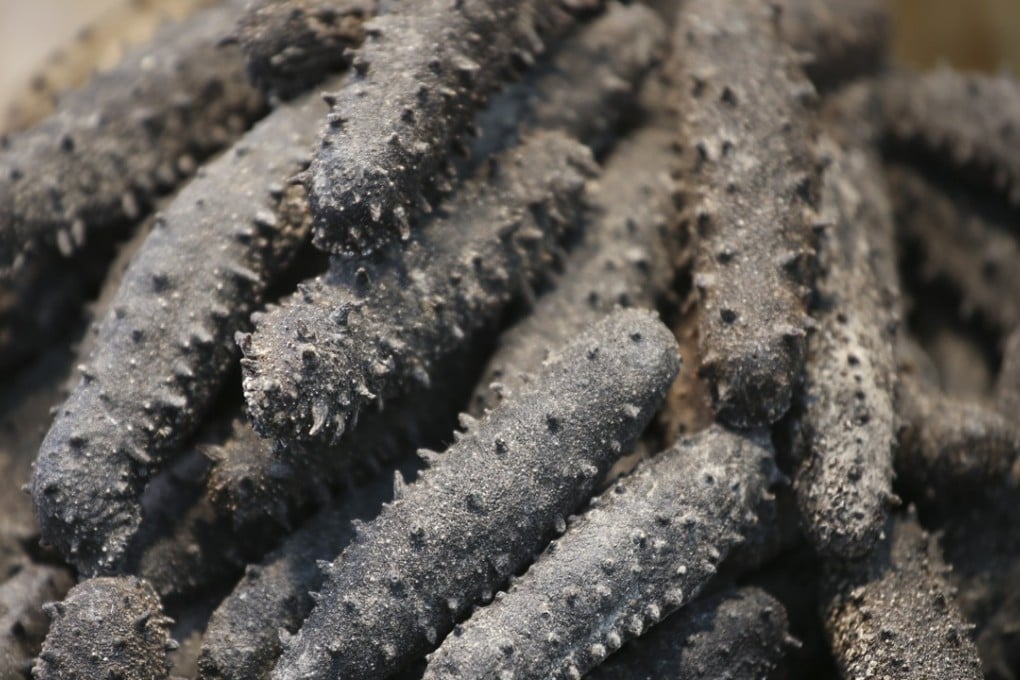Fish bladders, bird saliva and a phallic seabed critter: would you eat these odd Chinese delicacies?
Centuries-old Chinese dishes come with their mix of mystery, myth and medicinal properties to whet your appetite ... or wean you off them for good

From stinky roadside tofu to animal innards, scorpions and snake soup, it may seem to outsiders that everything is fair game when it comes to Chinese food. But while those with an adventurous palate and strong stomach may be up for anything, not all unusual dishes come cheap.
City Weekend explores four delicacies served at Hong Kong restaurants that may tickle your food fancy – or make you think twice – depending on the stories behind what you are willing to put into your mouth.
Fish maw
With shark fin becoming a taboo, fish maw, or dried fish bladder, is the replacement ingredient in a crucial soup dish at Chinese wedding banquets.
Because of its high nutritional content, fish maw is regarded by the Chinese as a precious food, similar to abalone.